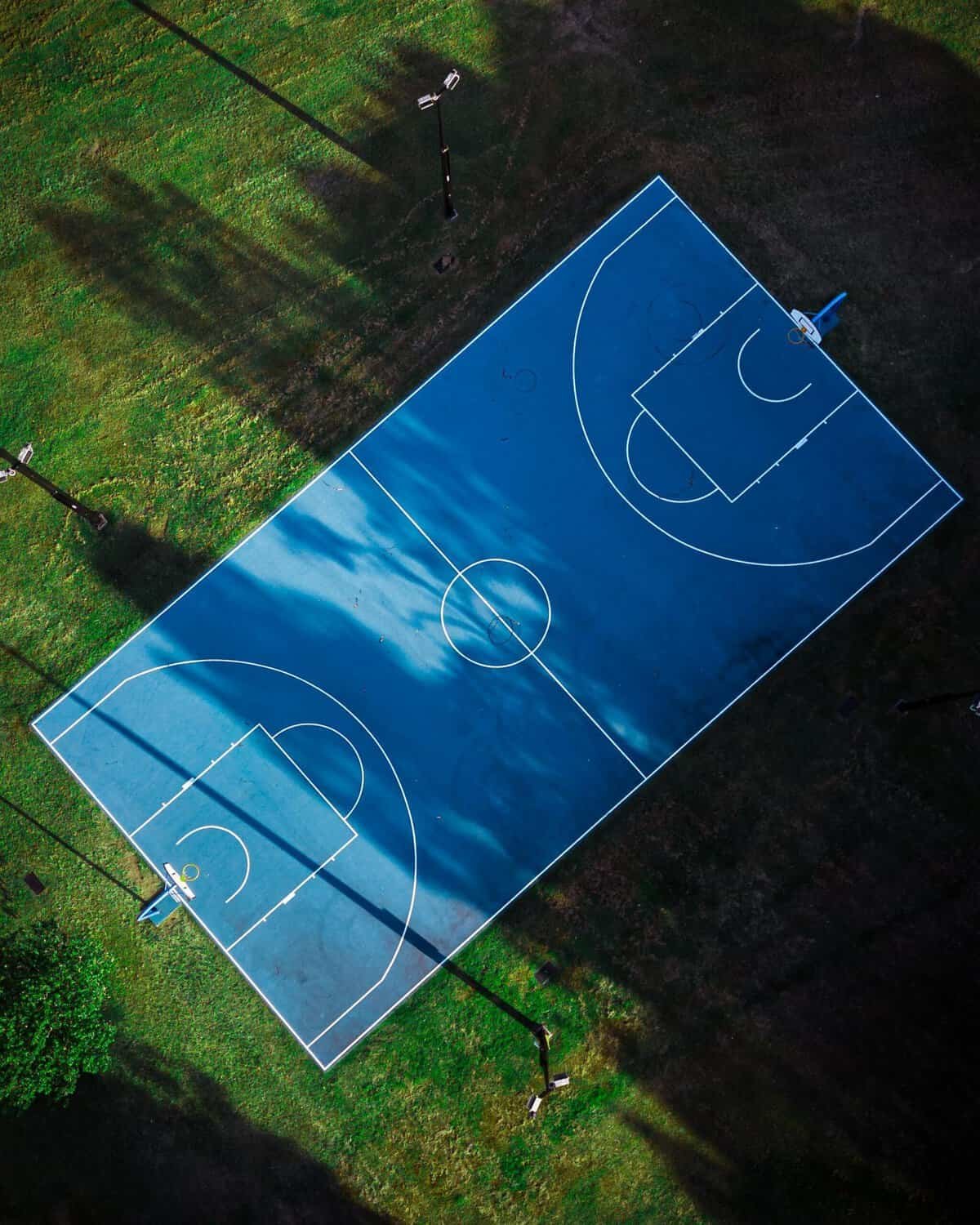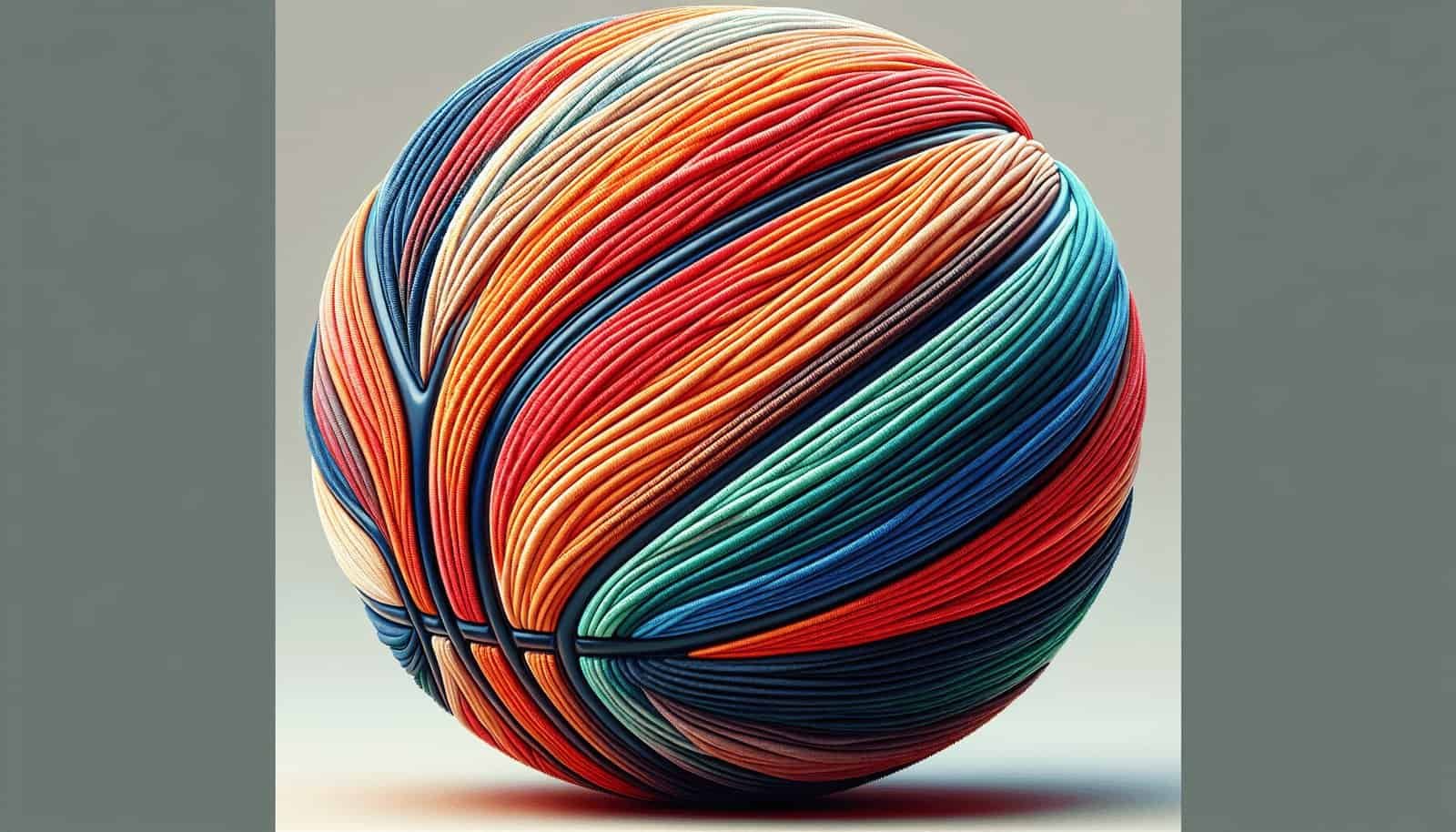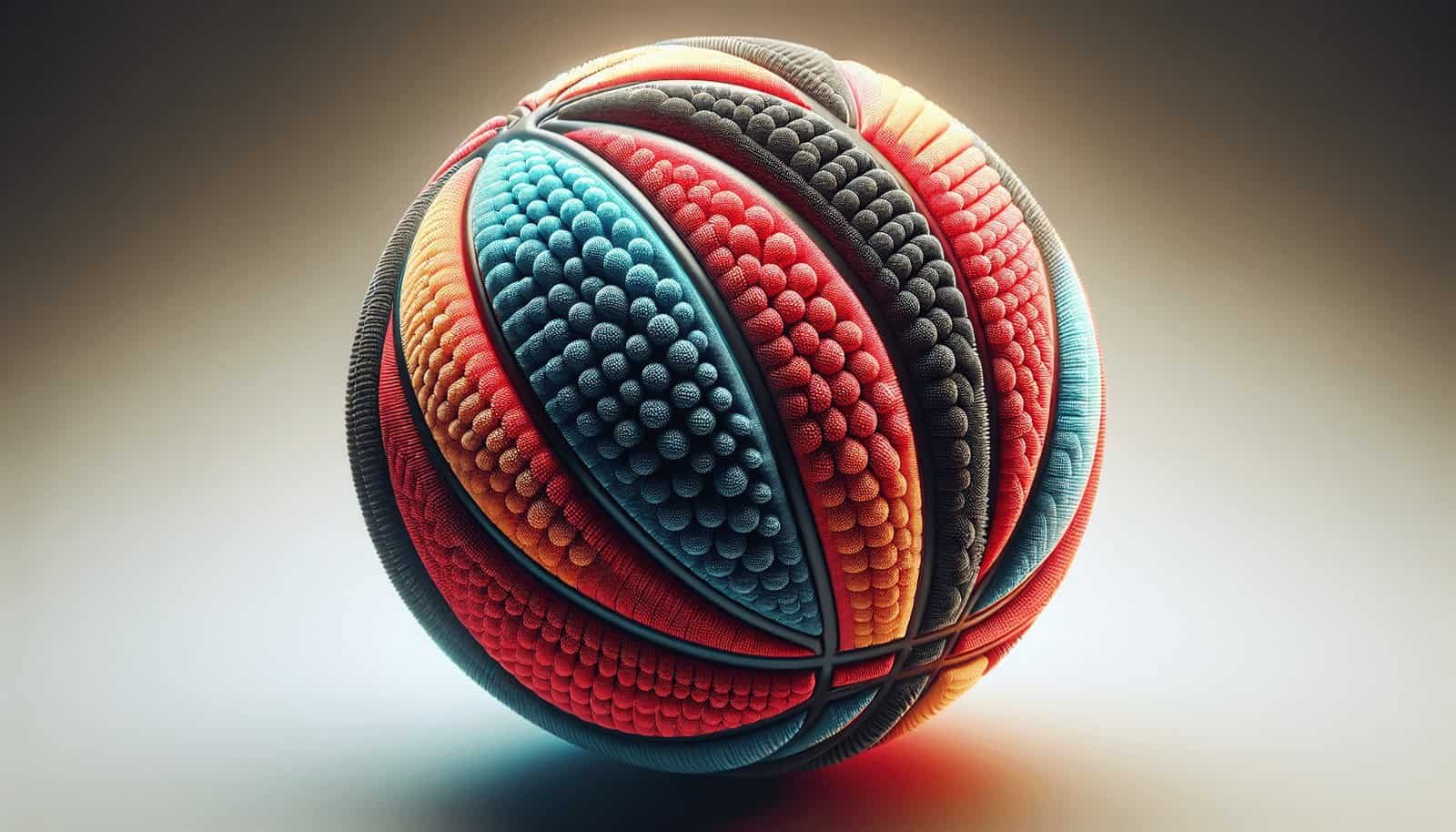Have you ever wondered what the choice of a basketball made from microfiber can offer compared to the traditional leather option? Basketball enthusiasts have long relied on leather basketballs, but the development of microfiber alternatives has sparked interest due to their innovative features. Understanding the differences and advantages of microfiber materials could greatly improve your basketball experience, whether on the court or as part of an educational journey.
The Evolution of Basketball Materials
Basketball, a game requiring precision and skill, relies heavily on the quality of the equipment, particularly the ball. Historically, basketballs were made exclusively from leather, prized for its feel and performance. However, as technology and materials science advanced, new materials like microfiber began to emerge.
From Leather Origins
Leather basketballs have been the gold standard for professional games for many years. Known for their excellent grip and reliable performance in indoor settings, they have brought a sense of tradition and nostalgia to the sport. However, leather can be quite demanding in terms of maintenance and is susceptible to wear and weather conditions.
The Advent of Microfiber
Microfiber basketballs entered the scene as a revolutionary option, catering to players looking for a more durable, versatile, and cost-effective alternative. Made from synthetic materials, these basketballs are designed to mimic the feel of leather while offering additional benefits that address some of the limitations associated with traditional leather basketballs.
Comparing Features: Microfiber vs. Leather
Let’s look at the key features of microfiber and traditional leather basketballs to better understand why you might choose one over the other.
| Feature | Microfiber Basketball | Traditional Leather Basketball |
|---|---|---|
| Material Feel | Soft and smooth, often simulating leather | Genuine leather, premium feel |
| Grip | Consistent grip across different conditions | Excellent grip, but mainly in dry conditions |
| Durability | High resistance to wear and tear | Prone to weather damage and requires upkeep |
| Maintenance | Low maintenance | Requires regular conditioning |
| Cost | Generally more affordable | More expensive due to genuine leather |

Durability and Weather Resistance
One of the standout advantages of microfiber basketballs is their durability. Unlike leather, which can degrade over time with exposure to moisture and heat, microfiber is less vulnerable to the elements. This is particularly beneficial for outdoor play, where environmental conditions can be unpredictable and harsh on materials.
Long-lasting Performance
Microfiber’s synthetic nature means it can withstand more wear and tear before showing signs of aging. This makes it a practical choice for casual players who frequently play in various conditions. Leather, while tough and resilient on its own, often needs care to maintain its quality over the years.
Resilience in Varying Conditions
Leather basketballs tend to absorb moisture, which can affect their weight and grip. In contrast, microfiber basketballs are designed to handle moisture better, maintaining their performance even in damp environments. This makes them a reliable option for players who expect their gear to perform consistently regardless of conditions.
Consistent Grip and Control
For any basketball player, maintaining control over the ball is critical. Microfiber basketballs are crafted to provide a consistent grip, unaffected by the external environment. This ensures that your handling remains precise whether you are playing indoors or outdoors.
Enhanced Handling Qualities
With their soft, smooth texture, microfiber basketballs offer excellent handling qualities. Their ability to retain grip means you can execute dribbles, passes, and shots with higher confidence and precision.
Versatility in Play
Playing on different surfaces can expose the limitations of traditional leather basketballs. Microfiber basketballs, however, perform well on both wooden courts and the ruggedness of asphalt, giving you the flexibility to enjoy the game wherever you are.

Cost-Effectiveness
When it comes to purchasing basketballs, cost is always a consideration. Microfiber basketballs typically come at a lower price point compared to leather basketballs, which makes them an attractive choice for a wide range of players, from beginners to more experienced athletes.
More Bang for Your Buck
Microfiber basketballs offer excellent value for money. Their combination of durability, performance, and low maintenance negates the need for frequent replacements, thus offering long-term savings that can appeal to those conscious of their budget.
Accessibility for All
The affordability of microfiber basketballs also opens up the game to more people, providing high-quality options for schools, local clubs, and recreational centers that may have budget constraints. This greater accessibility can encourage wider participation in the sport.
Maintenance and Care
The choice between microfiber and leather basketballs also hinges on maintenance requirements. While leather basketballs demand regular care to keep their appearance and performance up to standard, microfiber basketballs require far less attention.
Easy-Care Solutions
Microfiber basketballs are low maintenance by nature. Their synthetic construction means they can be easily cleaned with soap and water without special products or treatments that leather demands.
Less Time, More Play
The minimal care required for microfiber basketballs means you can spend less time worrying about upkeep and more time on the court perfecting your skills, an alluring prospect for casual and dedicated players alike.

Environmental Impact
In today’s world, considering the environmental impact of your purchases is increasingly important. When comparing materials, microfiber offers some potential eco-friendly advantages, although they also come with caveats.
Synthetic Considerations
While microfiber is a synthetic option and might initially raise concerns about sustainability, its long lifespan means fewer resources are spent on replacements. Manufacturing typically involves fewer animals than leather production, providing an option for the eco-conscious.
Weighing the Environmental Pros and Cons
Although microfiber might have some advantages in terms of longevity and reduced animal usage, it’s important to consider the full lifecycle of the product. Microfiber materials can shed small fibers into the environment, which can raise sustainability concerns.
Suitability and Usage
The suitability of a microfiber basketball varies with usage. While it offers several advantages over leather, its performance might differ depending on the level of play and specific conditions.
Perfect for Casual and Outdoor Play
Microfiber basketballs shine in casual settings and outdoor environments. Their durability, consistent grip, and low maintenance make them particularly well-suited for informal games and training sessions on diverse surfaces.
Considerations for Professional and Competitive Play
Although they provide numerous benefits, microfiber basketballs may not be the top choice for professional or highly competitive indoor play, where traditional leather still holds sway due to its historic association with professional games and its high level of tactility.

Conclusion: Making an Informed Decision
In choosing between microfiber and traditional leather basketballs, understanding your specific needs and preferences is key. Microfiber offers durability, versatility, cost-effectiveness, and ease of maintenance, which makes it an excellent option for many players, especially those who value practicality and adaptability.
Whether you’re an enthusiastic hobbyist looking for reliable outdoor performance or someone managing equipment for a team with tight resources, microfiber might be your best basketball companion. Embrace the possibilities, enhance your game, and revel in the benefits of your informed choice!

